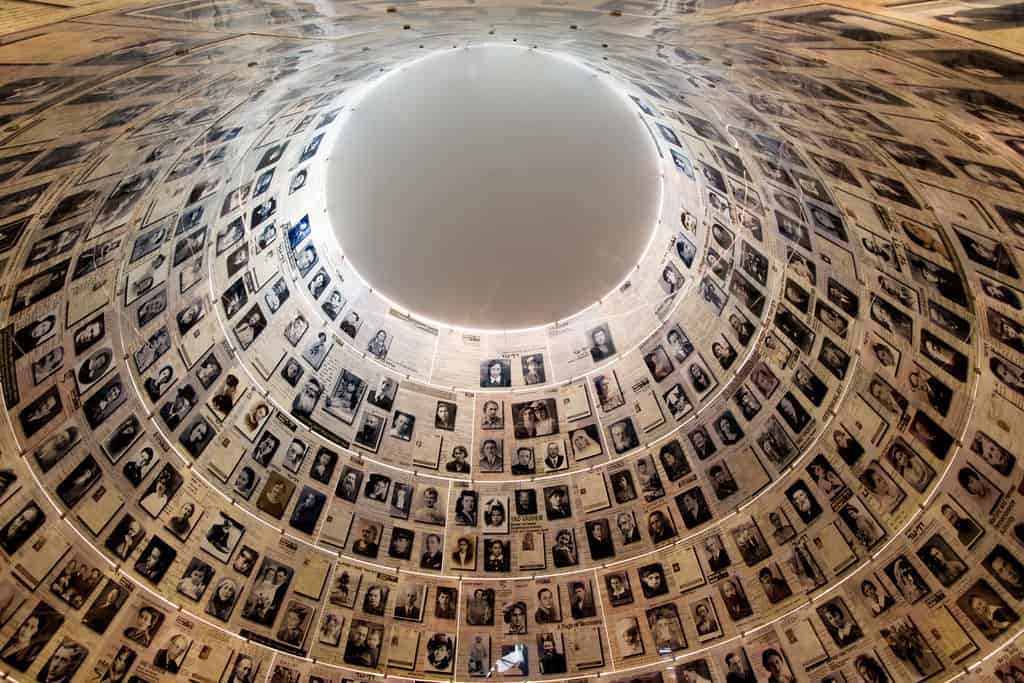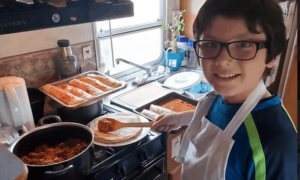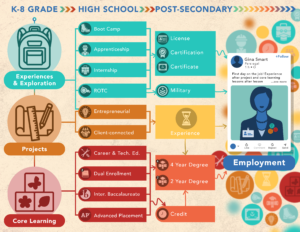What Educators Need to Effectively Teach About the Holocaust

By: Ivy Schamis
January 27 is International Holocaust Remembrance Day, a day designated by the United Nations to honor the six million Jewish victims of the Holocaust and millions of other victims of Nazism. As part of this annual memorial, the UN also asks for the development of educational programs to help prevent future genocides.
At Marjory Stoneman Douglas High School in Parkland, Florida, where I’ve taught for the past 19 years, we began a Holocaust studies program six years ago. The topics have no simple answers, but the program allows students to raise many questions for discussion, including what is happening in our world today. In my Holocaust studies class on Valentine’s Day 2018, a former student came onto campus and ambushed my classroom. That day, the students were presenting research on hate groups that they might see on their soon-to-be college campuses. In the very classroom where we were teaching how to combat hate, the lessons of the Holocaust entered my room when bullets from an AR-15 blasted through the glass panel of the door, killing two beautiful souls, Nicholas Dworet and Helena Ramsay—in front of us and leaving four other students injured.
To this day, I continue to struggle with this reality and question how it came to be.
According to an annual FBI report, hate-crime violence has reached a 16-year high and hate crime incidents are still occurring at an alarming rate. With a rise in statistics, people are looking for ways to fight the hate that fuels this targeted violence. One way has been through a renewed push for Holocaust and genocide education. While only 12 out of 50 states have education mandates requiring schools to teach about these subjects, many teachers and school districts around the U.S. have taken it upon themselves to educate students on this topic. To us, #NeverAgain is about upholding the important lessons of the Holocaust.
This is a challenging effort coupled with the time and resource constraints teachers across the country already face. I have spoken to many educators at Holocaust education workshops and seminars, and they all stress how critical it is that they feel comfortable and proficient with the subject matter before they address it with their students. Because our classroom textbooks —and often our own knowledge on the history—is limited, we teachers need and depend on supplementary classroom resources and professional development from reliable external organizations.
Echoes & Reflections, which provides free professional development and classroom resources, has helped me become more confident and effective when teaching about the Holocaust. This organization partners with local museums, school districts, state education offices, and others to hold programs for teachers that provide an effective pedagogical framework, as well as the free multimedia classroom resources and standards-aligned lessons that we can bring to our students immediately.
I’ve seen time and again in my own classroom that students are able to make relevant connections to issues facing the world today, and perhaps most importantly, they have an increased belief and understanding that one person can make a difference against bias, antisemitism, racism, and hatred. Holocaust studies allow for a framework in which students learn multicultural values, civic responsibility, and how to respect and honor differences within their communities.
When students learn about the Holocaust, they begin to understand prejudices, discrimination and stereotyping. They examine justice, human rights, and ethical issues of fairness and peer pressure. Many of my students say that participating in a Holocaust studies class changed their lives. Many of them listen to survivor testimony through programs like Echoes & Reflections, long after they have finished the class, just to gain perspective and to stay inspired. Our students found their voice after listening to survivors. They can now examine the point of view of a victim and a bystander, and best of all, learn about the power of someone who takes a stand against an act of injustice or intolerance.
Holocaust education helps to create compassionate young adults, which is a vital step in preventing and combating the existence of hate in our world.
As we honor the UN’s call to educate future generations, we must ensure that all teachers have the support they need to teach about the Holocaust effectively. They also need to receive the release time to attend professional development programs that will increase their confidence in the classroom. Now is the time to give our children a better future—there is so much to be learned.
For more, see:
- What if Holocaust Survivors Could Teach Your Class?
- Teaching in the Time of Fire
- Being Safe and Feeling Safe in Schools
Stay in-the-know with innovations in learning by signing up for the weekly Smart Update.
Ivy Schamis is a social studies teacher from Marjory Stoneman Douglas High School in Parkland, FL.






0 Comments
Leave a Comment
Your email address will not be published. All fields are required.